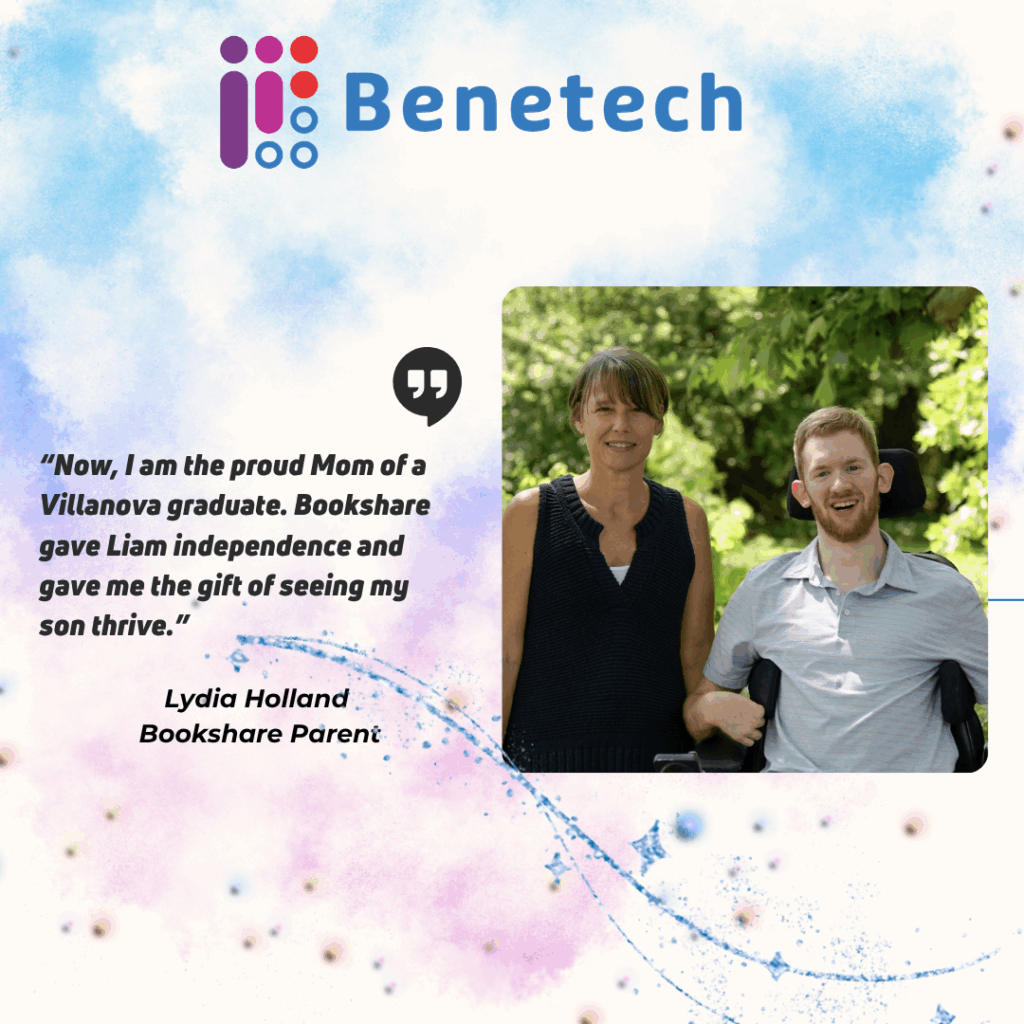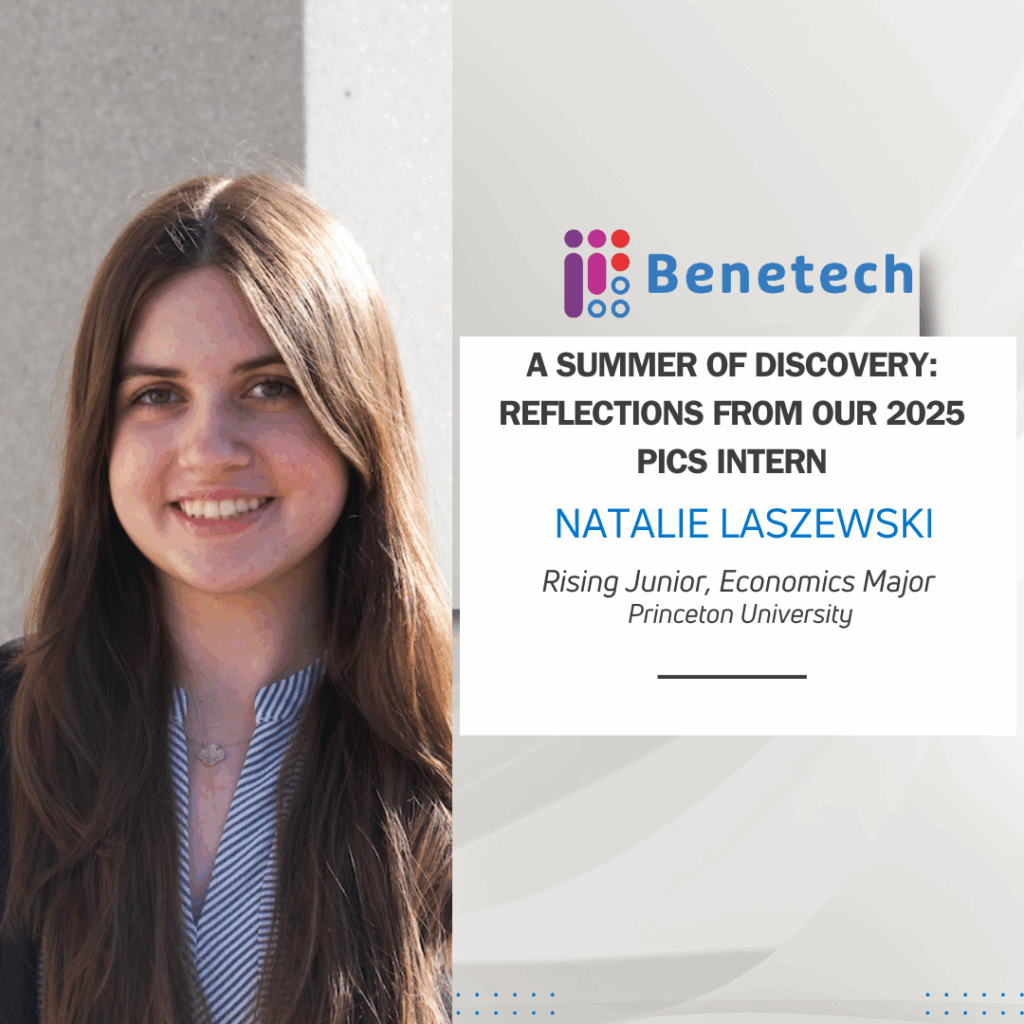Category: Benetech
A Gift for the Whole Family

Off to the Races with Bookshare

A Summer of Discovery: Reflections from Our 2025 PICS Intern

From Fading Vision to Full Access: Reclaiming the Joy of Reading with Bookshare

Blogs
-

Game Designers and Human Rights Defenders Unite!
If you were creating a video game character with the goal of making her the most effective human rights defender…
-

Time to Ratify the Marrakesh Treaty and End the Global Book Famine
We stand on the threshold of ending the global book famine for people who read differently due to blindness, low…
-

Data Collaboration Like Never Before: A Safety Net that Catches Anyone Who Falls
A first-of-its-kind gathering took place on Feb 20th and 21st in the heart of San Francisco. The purpose of the…
News
Benetech is in the news! Check out our press coverage and recent Press Releases.
As seen in…








Recent highlights
2025
- District Administration: Digital accessibility deadlines are coming: Why every school district must act
- Eyes on Success Podcast: 2512 Benetech Celebrates 25 Years of Making Books Accessible for Everyone (Mar. 19, 2025)
- Forbes: Accessibility 100
- GovTech: AI to Make STEM Content for Neurodivergent Learners
- K-12 Dive: Why Congress should protect smart federal supports for students with disabilities
- Publisher Perspectives: Accessibility: S&S Earns Benetech’s GCA Certification
- Publisher’s Weekly: Amazon Adds Benetech Accessible Metadata to E-books
- The 74: Ed Tech Can Unlock STEM Potential of Students With Disabilities — If It’s Funded
2023
- Business Mirror: An ebook Library for Those with Reading Barriers
- School Library Journal: Serving Blind and Low-Vision Children Well Benefits All Students. Here Are Suggestions.
- Publisher’s Weekly: Lerner Publishing Group’s New Partnership Centers Accessibility
- Publishing Perspectives: Pearson Named A Benetech Global Certified Accessible Publisher
- National Federation of the Blind (NFB): Getting Books on Time with Bookshare
- BBC News: Visually-impaired Nottingham Law Student Praises Book Scheme
2022
- Government Technology: DoE Grant to Fund Digital Materials for Disabled Students
- Forbes: How AI Is Being Used To Help Blind Students ‘Visualize’ Graphs And Charts
- K-12 Dive: Nonprofit Uses AI to Make STEM Materials More Accessible
- Edutopia: Tools for Supporting Students With Reading Disabilities
- Eyes on Success Podcast: 2214 Bookshare Reader for Smart Speakers
- AppleVis Podcast: AppleVis Extra #85: Hema Natarajan Discusses the Upcoming Bookshare Reader Suite for Web, Mobile, and Smart Speaker
- Duke Fuqua Center for Advancement of Social Entrepreneurship: Why We’re Excited About Benetech’s Impact Potential
- K-12 Dive: 3 Inclusive Education Myths Busted
